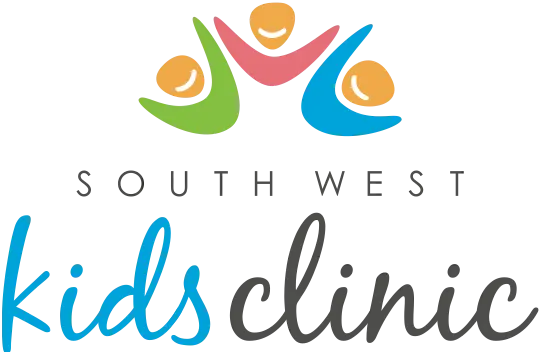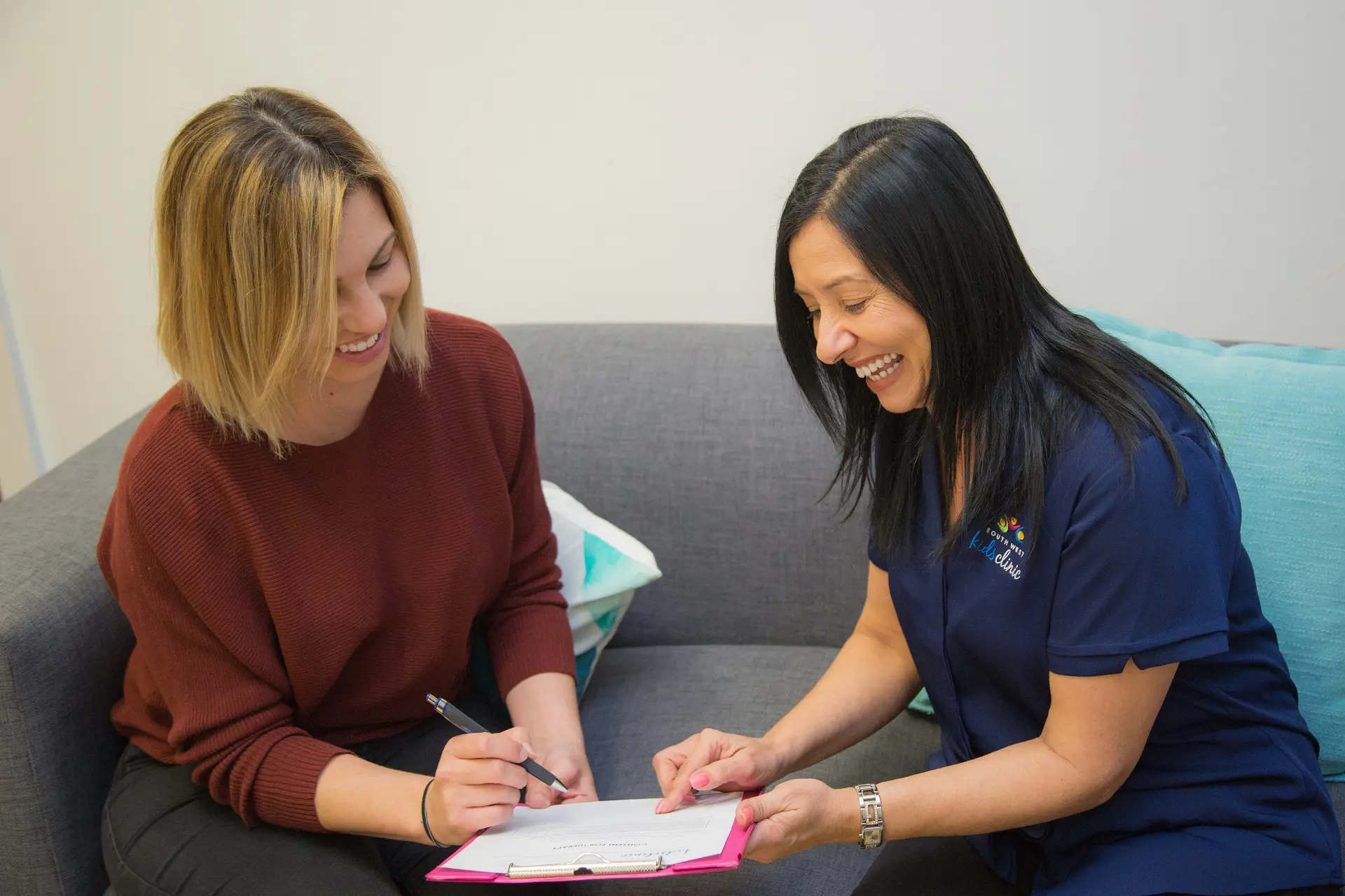1. Let’s talk
When you give us a call, you will get the opportunity to discuss your concerns and ask questions with our friendly reception team. Gaining a deeper understanding of your child will allow us to match you with the therapist that is most suited to work with you and your family.


